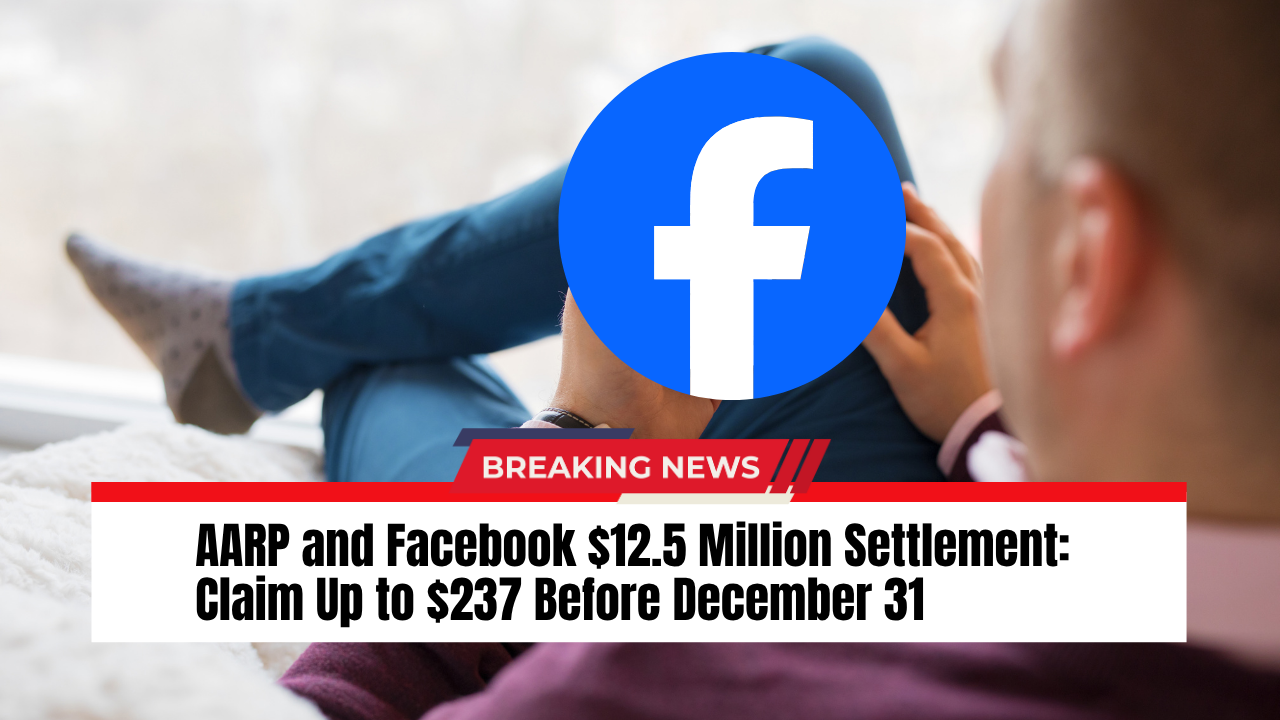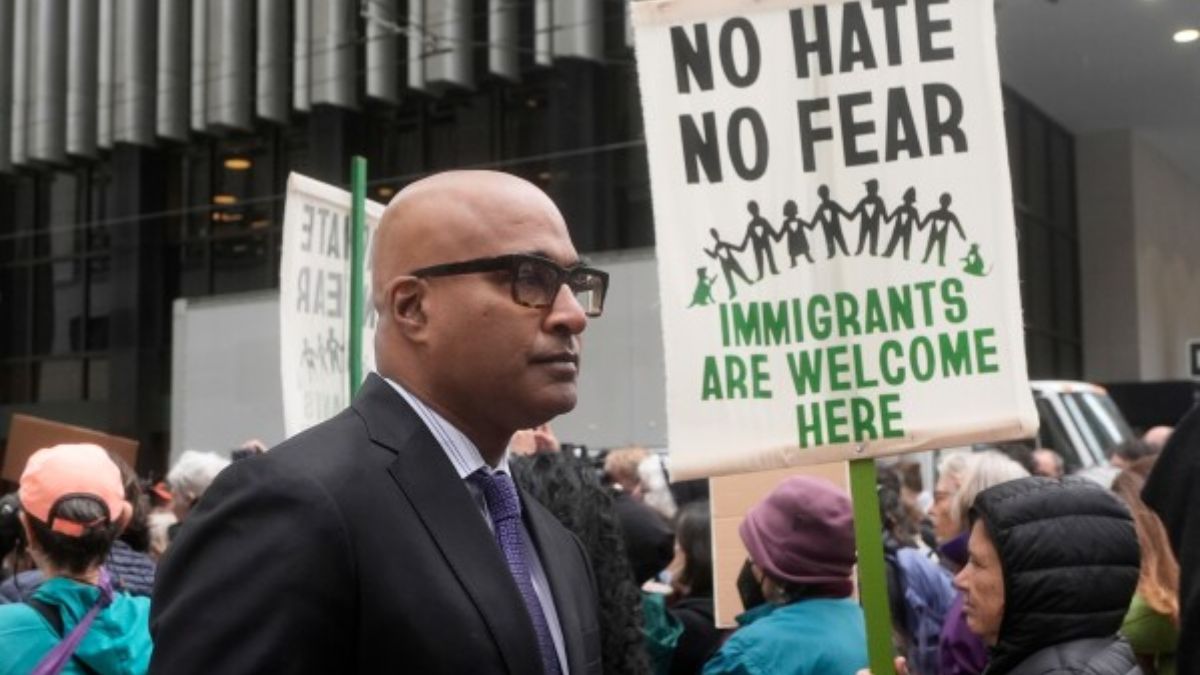A major $12.5 million class-action settlement involving the American Association of Retired Persons (AARP) and Meta Platforms, the parent company of Facebook, is giving eligible U.S. users a chance to claim payments of up to $237. The case centers on allegations that AARP unlawfully shared users’ online video-viewing data with Facebook without consent, violating the federal Video Privacy Protection Act (VPPA).
The claim filing deadline is December 31, 2025, and the final court approval hearing is scheduled for February 10, 2026. This development marks another significant privacy-related settlement for Facebook following previous multimillion-dollar data misuse cases.
Why AARP and Facebook Are Paying $12.5 Million
The class-action lawsuit, Markels et al. v. AARP, alleged that AARP.org used embedded tracking tools that sent members’ video-viewing history to Facebook. The information was reportedly used for targeted advertising and analytics. Plaintiffs argued that the process violated the VPPA, a law originally enacted to protect consumers’ video rental records.
AARP denied any wrongdoing but agreed to the $12.5 million settlement to resolve the case and avoid further litigation. The settlement covers all eligible individuals who interacted with video content on AARP.org while logged into Facebook during the eligible period.
According to the settlement administrator, payments will vary depending on the number of approved claims. If more users file, individual payments will be smaller. Estimates suggest that payouts will range from $47 to $237 per person.
| Settlement Details | Description |
|---|---|
| Total Settlement Amount | $12.5 million |
| Claim Deadline | December 31, 2025 |
| Estimated Payout per User | $47–$237 |
| Final Approval Hearing | February 10, 2026 |
| Eligibility Period | September 27, 2020 – September 12, 2025 |
Who Is Eligible to Claim
Eligibility for this settlement depends on whether users accessed and watched video content on AARP’s website while logged into Facebook. Claimants must meet the following criteria:
- You lived in the United States during the eligibility period.
- You were a registered user or member of AARP.org.
- You viewed or requested video content on AARP.org between September 27, 2020, and September 12, 2025.
- You had an active Facebook account at the time.
To submit a valid claim, users will need to provide their Facebook profile link, contact information, and a declaration that the information is true. The process can be completed online through the official claim form provided by the settlement administrator.
The settlement also allows individuals to opt out or object by the same December 31, 2025, deadline. Those who opt out retain the right to pursue separate legal action but will not receive any payout from this settlement.
For more information on filing, visit AARP’s settlement administrator website or consumer legal resources like ClaimDepot and Top Class Actions.
What This Means for Facebook Users and Data Privacy
The AARP-Facebook case is part of a broader wave of lawsuits addressing privacy and data-sharing violations. Facebook’s parent company, Meta Platforms, has faced multiple class actions for allegedly mishandling user data, including a $725 million settlement over privacy violations linked to third-party data access.
The Federal Trade Commission (FTC) and privacy advocates have long warned about companies sharing user behavior data for marketing without proper consent. Legal experts say the growing number of settlements indicates increasing accountability in digital privacy law enforcement.
For AARP, the case serves as a cautionary example for nonprofit and corporate organizations using embedded advertising trackers and analytics tools. Even well-intentioned digital partnerships can lead to compliance risks if they involve sharing user data without explicit permission.
Privacy experts recommend that users regularly review privacy settings, clear cookies, and use browser extensions to block tracking pixels. Websites that handle video content must ensure that data-sharing practices comply with federal and state privacy laws.
The Bigger Picture: Privacy Accountability in the Digital Age
This settlement signals a turning point for how organizations handle user information online. As U.S. courts increasingly apply older privacy laws to modern technology, more cases like this are expected.
Facebook’s involvement also reflects ongoing scrutiny of social media companies’ data practices. Despite numerous privacy reforms and transparency measures, Meta continues to face class-action lawsuits and regulatory pressure from agencies like the Federal Communications Commission (FCC).
The upcoming court hearing in February 2026 will determine final approval. Once approved, payments will be issued, likely via direct deposit or mailed checks.
For consumers, the takeaway is clear: staying informed about data-privacy settlements can mean both protecting your digital rights and receiving compensation when companies overstep.
The AARP and Facebook $12.5 million settlement highlights how consumer awareness and legal oversight are shaping the future of online privacy. Eligible individuals who used AARP.org while logged into Facebook between 2020 and 2025 can claim up to $237 by submitting their information before December 31, 2025.
As digital platforms face increased scrutiny, cases like this underscore a broader shift toward data transparency and accountability in the U.S. tech landscape.



